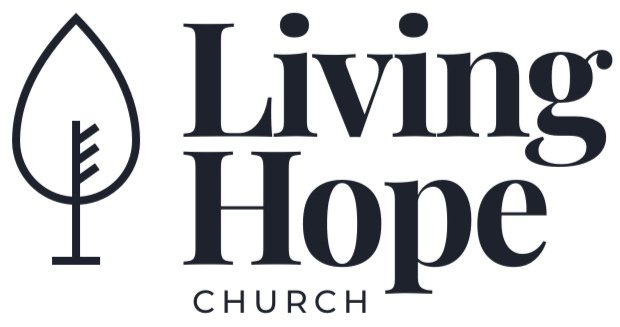Day 18
Today we finish Genesis. We have blessings by Jacob, Jacob’s death and burial back in Canaan, and then we come to Joseph’s brothers and the revealing of their fears and worry, perhaps even of lingering guilt on their part. They are seriously concerned that now that Jacob has died that Joseph will seek vengeance on them for what they did to him so many years earlier. They end up lying to Joseph by making up a command of Jacob for him to forgive his brothers. Joseph’s response is beautiful.
When Joseph received the message, he broke down and wept. 18 Then his brothers came and threw themselves down before Joseph. “Look, we are your slaves!” they said. 19 But Joseph replied, “Don’t be afraid of me. Am I God, that I can punish you? 20 You intended to harm me, but God intended it all for good. He brought me to this position so I could save the lives of many people. 21 No, don’t be afraid. I will continue to take care of you and your children.” So he reassured them by speaking kindly to them.
Why do you think that Joseph wept at this request from his siblings?
What does Joseph’s response tell you about his view and belief in God?
Take some time and reflect and then read the following selection from D.A. Carson as he reflected on this passage:
“The profundity of this reasoning comes into focus as we reflect on what Joseph does not say. He does not say that during a momentary lapse on God’s part, Joseph’s brothers sold him into slavery, but that God, being a superb chess player, turned the game around and in due course made Joseph prime minister of Egypt. Still less does he say that God’s intention had been to send Joseph down to Egypt in a well-appointed chariot, but unfortunately Joseph’s brothers rather mucked up the divine plan, forcing God to respond with clever countermoves to bring about his own good purposes. Rather, in the one event—the selling of Joseph into slavery—there were two parties, and two quite different intentions. On the one hand, Joseph’s brothers acted, and their intentions were evil; on the other, God acted, and his intentions were good. Both acted to bring about this event, but while the evil in it must be traced back to the brothers and no farther, the good in it must be traced to God.
This is a common stance in Scripture. It generates many complex, philosophical discussions. But the basic notion is simple. God is sovereign, and invariably good; we are morally responsible, and frequently evil.”
